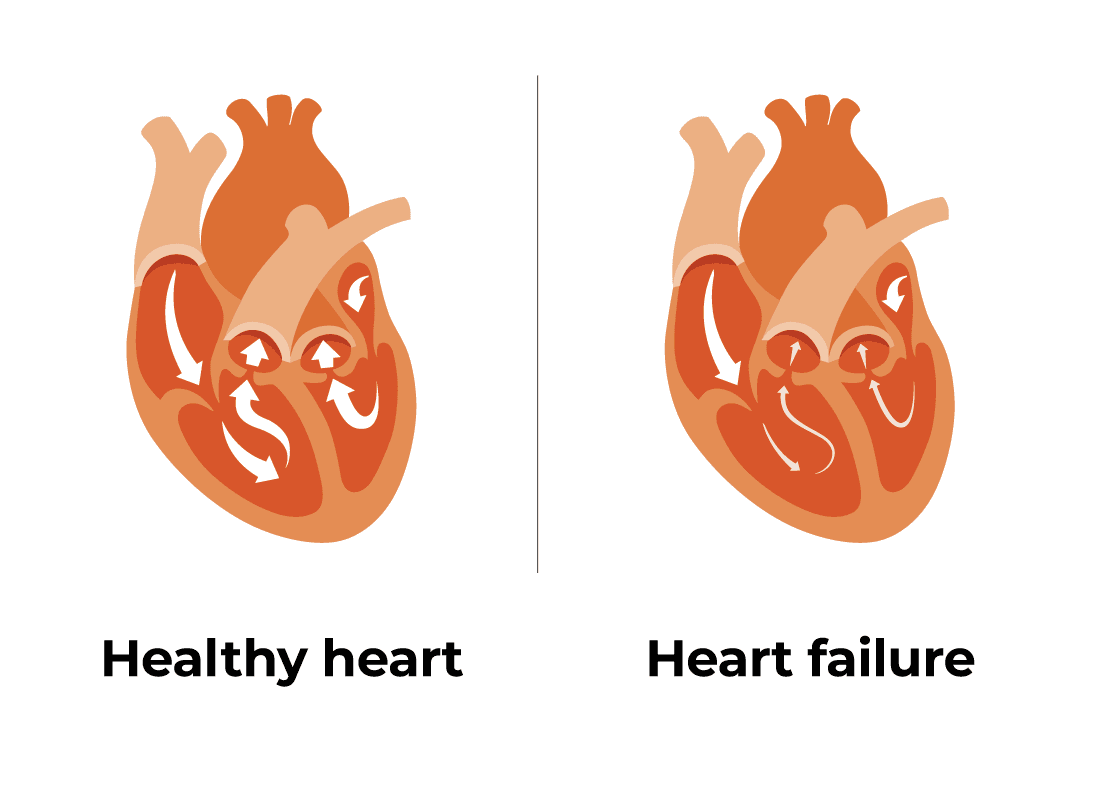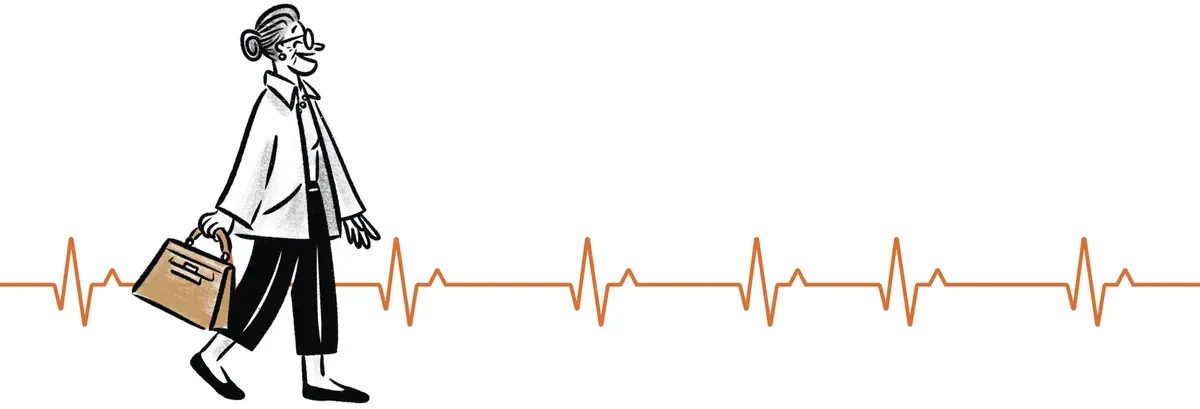Every Beat Matters #Takeitpersonally
Every beat matters: take it personally

What is heart failure?
Heart failure means your heart is unable to pump blood around the body properly.1
It usually occurs because the heart has become too weak or stiff.1

What is resting heart rate?
Resting heart rate is the number of times your heart beats within a certain time period while you are at rest.2

What are the main causes of heart failure?3
- Cardiovascular diseases*.
- Conditions affecting the heart muscle (such as arrhythmia).
- Heart valve problems (stenosis or leakage).
- Birth defect affecting the heart.
* Including coronary heart disease, high blood pressure, cardiomyopathy.
What are the most common symptoms to watch out for?4

Why is it important to decrease your resting heart rate?
In heart failure patients, a high resting heart rate at 70 bpm or above increases the risk of serious complications.5
Did you know?
It is proven that keeping your resting heart rate under 70 bpm brings clear benefits6:
Did you know?

How can you lower your resting heart rate?
To reduce your resting heart rate over the long term, adopt the following7:
- Start a daily routine exercice.
Exercising 30 minutes every day will gradually slow your heart rate 7. (daily walks, yoga etc.**).7,8 - Stop using tobacco products.7
- Reduce stress.
(relaxation response, meditation, Tai Chi etc).7 - Lose weight if necessary.7
** Intensity and duration of the above-mentioned exercises depend on your physical capabilities, so discuss them with your doctor.
How can heart failure be treated?
- The treatment depends on the type of heart failure you have and how serious it is.9
- Your doctor will take into account your resting heart rate to decide on the correct treatment for you.
- Ask your doctor for more information on heart failure and its symptoms and what you can do about it.
How can you check your resting heart rate?
- To check your resting heart rate, you need to be sitting still for at least 5 minutes before checking your pulse.10
- To find your pulse in your neck10:
- Press your index finger and middle finger to the side of your neck, just under your jaw.
- Press your skin lightly to feel your pulse.
-
When you find your pulse, count the number of beats you feel for 60 seconds. This gives you your heart rate - the number of times your heart beats per minute.10
-
You may also use heart rate–monitoring devices like a smart watch, pulse oximeter, etc.